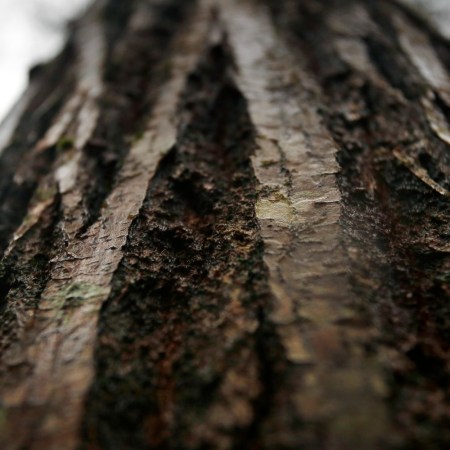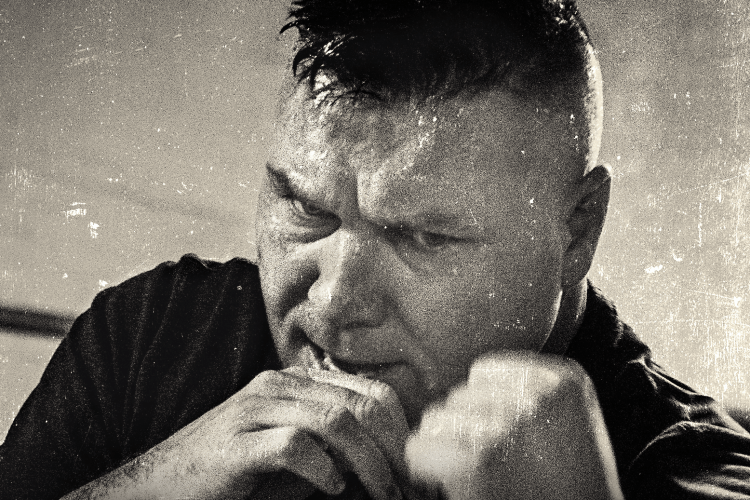One of the great modern ironies is that conservation and conservative are so close in spelling and yet so far apart in meaning. This wasn’t always so: President Nixon enacted the Endangered Species Act and created the Environmental Protection Agency. But things are a little different in 2017.
Recently, Outside Magazine writer Wes Siler wrote a well-researched and passionate article on the current administration’s plans to remove wolves from the Endangered Species Act (namely, the part about wolves). The article does such a good job of explaining why this is being pursued, why it’s a bad idea (video above) and how to help resist it that I’ll spare you the gory details here.
What I think is equally interesting is how it underscores important differences in our collective American approach to the environment — differences that have been with us since the get-go and yet still persist today.
These people can be loosely grouped into four archetypes:
The Thoreau Type
Before there was Gary Snyder, Edward Albee or Yvon Chouinard, there was Henry David Thoreau, the country’s OG rebel environmentalist. The environmentalist sees nature and his role in it holistically, and strives to live simply and in balance with nature — not fight against it. Nature is meant to be enjoyed, respected and as unaffected by human presence as is possible.
The Custer Type
Before the Kochs, Cheneys and Ted Nugent, frontiersmen like General Armstrong Custer saw nature as a place to be conquered and controlled. Back then, that translated to subduing indigenous peoples and driving the buffalo to extinction. Today, it’s plumbing every last natural resource dry — regardless of the consequences — or hunting for sport, rather than sustenance.
The Roosevelt Type
Probably the most ethically ambiguous of the four. Teddy Roosevelt was a famous conservationist: he often boasted that his proudest achievement as president was the work he did to protect the environment (he established five National Parks, 18 Monuments and created the U.S. Forest Service). And yet Roosevelt also had a the spirit of the conquistador in him: after his presidency ended, he led a hunting expedition with the National Museum of National History that bagged nearly 12,000 total animals. We might call the modern-day version of this a conquer-vationist — people who support broad conservation acts but do so a little selfishly. Without a healthy environment, they can’t do the things they love (hunting, fishing, biking, etc.).
The Kanye Type
Then there are the consumers and dilettantes and who could really care less so long as they can buy things and experiences that make them feel good. They can be swayed either way.
At the moment, we could be appraching a Custer phase. Let’s hope it’s short-lived, and shares his fate.
This article was featured in the InsideHook newsletter. Sign up now.























